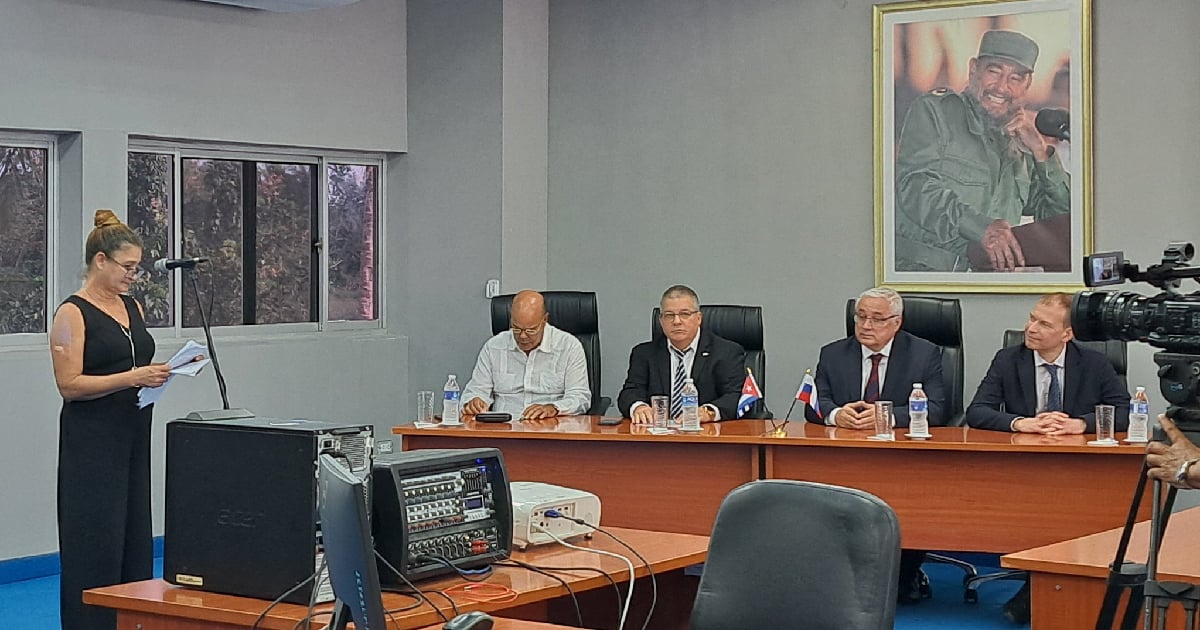
With the attendance of Nikolay Rogalev, rector of the Moscow Energy Institute (MEI), a branch of this institution was inaugurated in Cuba this Tuesday, coinciding with the island's severe electricity crisis.
According to the Ministry of Energy and Mines of the largest of the Antilles on the social network X, this joint training center aims to train specialists for the sector in the Caribbean region.
The Cuban entity believes that the alliance represents a strategic step in developing technical capabilities in Cuba, particularly in areas such as renewable energy, energy efficiency, and electric grid management.
Everything occurs in a context where modernization and efficiency in this sector are essential for every country in the world, even for a Cuba filled with outdated infrastructure.
The MEI is internationally recognized for its leadership in scientific research and advanced educational programs in the energy sector, and its involvement in Cuba strengthens bilateral cooperation in this critical area.
Just a few days ago, the ruler Miguel Díaz-Canel met with Russia's Deputy Prime Minister, Dmitri Chernichenko, who announced a loan of 65 million dollars to help the island address its severe energy crisis.
Russia's financial support for Cuba has been critical in the context of an economic and energy crisis on the island, during which Moscow has established various assistance mechanisms for Havana, ranging from multibillion-dollar loans to debt repayment facilities.
Russian financial support not only assists Cuba with its most pressing needs but also carries political and strategic implications.
In March, Russian President Vladimir Putin approved amendments to the existing credit agreements between the two countries, which cover loans granted between 2009 and 2019, mainly for the purchase of hydrocarbons.
This aid package includes the option to make payments in rubles, the deferral of the original payment plan from 2023-2027 to the period 2028-2040, and adjustments to the interest rates on overdue payments, which represents a considerable relief for the Cuban economy, facing severe restrictions due to trade limitations and poor management by the regime.
Russia uses this assistance to strengthen its presence in Latin America, maintaining strong ties with one of its historical allies in the region.
Moreover, the option to settle the debt in rubles and the extension of payment terms reflect Russia's willingness to tailor its support to Cuba's economic needs, thereby ensuring its influence in the region through a strengthened alliance.
Filed under: